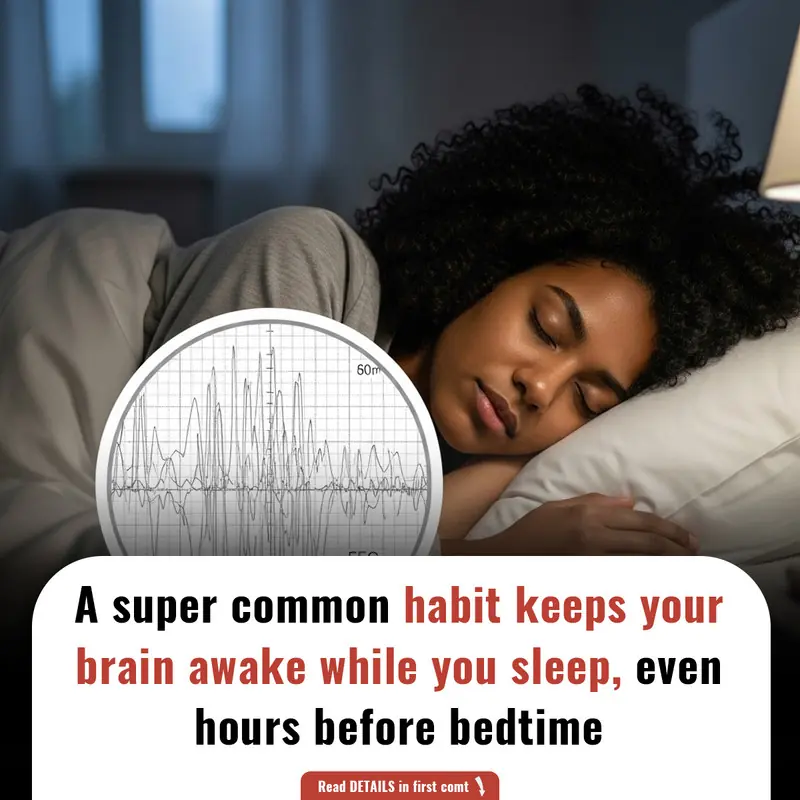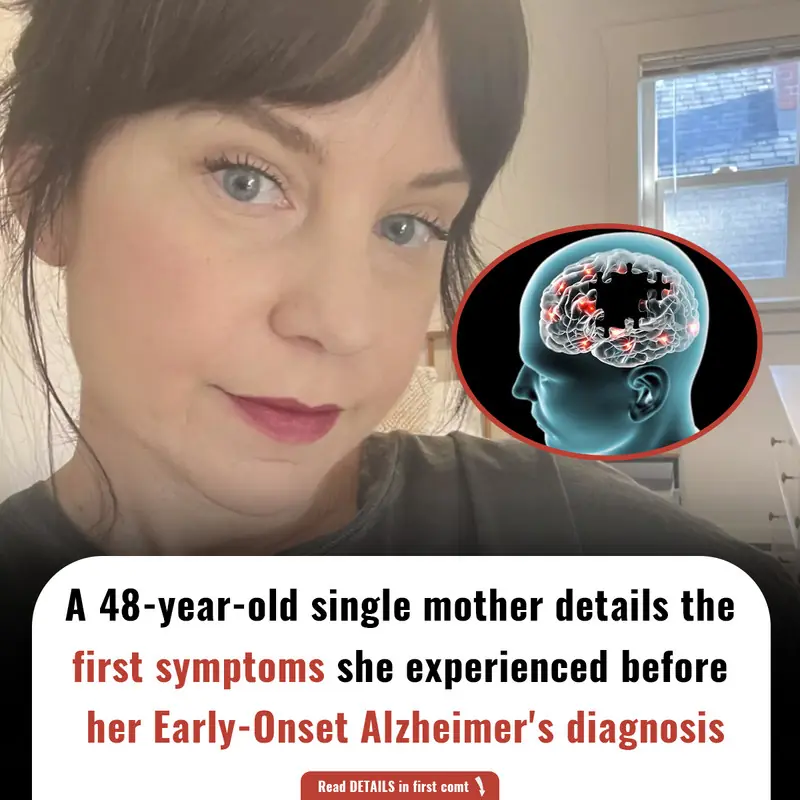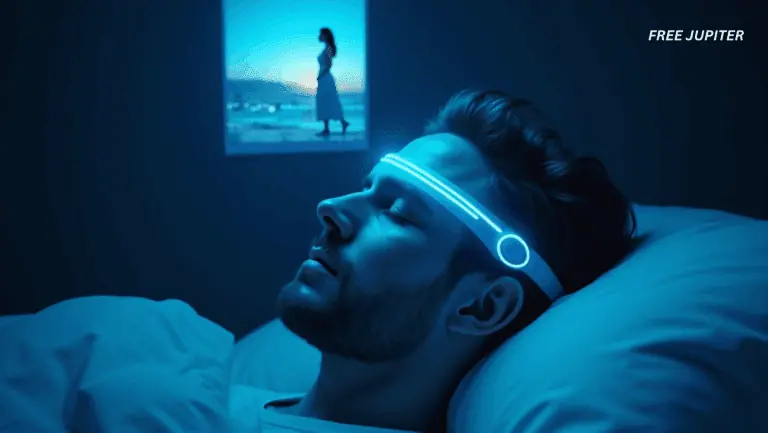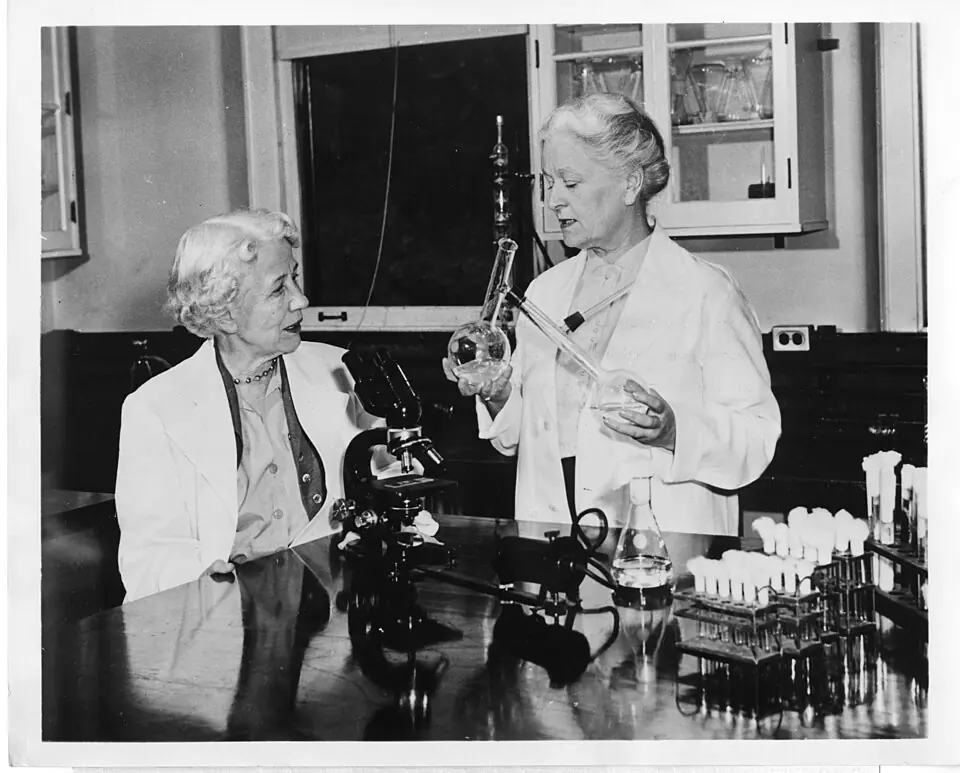Super common habit is keeping your brain awake while you sleep — even when you do it hours before bed
Late-night scrolling isn't the only culprit ruining your sleep.

Recent research indicates that a common everyday habit could be sending your brain into overdrive during the night — even if you do it hours before going to bed.
Scientists warn that this disruption might interfere with the brain's recovery processes while you sleep, potentially impacting your cognitive health in the long term.
In the study, Canadian researchers asked 40 healthy adults to spend two separate nights in a sleep lab. On one of those nights, participants consumed 200 milligrams of caffeine, roughly equivalent to two cups of coffee, a few hours before bedtime. On the other night, they were given a placebo.
While most people are aware that caffeine can make falling asleep difficult, the researchers used EEG scans to monitor brain activity after the participants had drifted off to sleep. They discovered that caffeine kept the brain in a heightened state of alertness even after the participants had closed their eyes.
For the first time, the researchers found that caffeine pushed the brain into a state of "criticality," making it more awake, alert, and reactive than it should be during sleep.
"While this heightened state can be beneficial during the day for concentration, it may disrupt rest at night, preventing the brain from fully relaxing and recovering," explained Dr. Julie Carrier, a psychology professor at the University of Montreal and co-author of the study.
The team used artificial intelligence to detect small changes in brain activity and found that caffeine increased the complexity of brain signals, preventing the brain from fully shutting down during sleep.
This effect was especially prominent during non-REM sleep, the deep phase of sleep essential for memory consolidation and cognitive restoration.
The researchers also observed shifts in brain wave patterns. Slow waves, which are associated with deep, restorative sleep, were diminished, while faster waves, linked to wakefulness and mental activity, increased.
“These alterations indicate that even while sleeping, the brain stays in a more activated and less restorative state when caffeine is present,” said Dr. Karim Jerbi, a psychology professor at the University of Montreal and researcher at the Mila Quebec Artificial Intelligence Institute, who co-authored the study.
“This change in the brain’s rhythmic activity may help explain why caffeine affects the brain’s ability to recover during the night, potentially influencing memory processing,” he added.
Interestingly, the effects of caffeine were much more significant in participants aged 20 to 27 compared to those between the ages of 41 and 58, particularly during REM sleep, the phase associated with emotional and cognitive processing.
Researchers believe younger adults are more sensitive to caffeine's effects because they have more adenosine receptors. These receptors naturally accumulate in the brain throughout the day, leading to feelings of fatigue.
“As we age, the number of adenosine receptors decreases, which reduces caffeine's ability to block them and enhance brain activity. This might partly explain the diminished effect caffeine has on middle-aged participants,” Carrier said.
The findings suggest that younger adults may be particularly vulnerable to caffeine’s concealed impact on sleep quality.
Caffeine is the most widely consumed psychoactive substance globally, found in everyday products like coffee, tea, chocolate, sodas, and energy drinks.
A 2023 Sleep Foundation survey revealed that 94% of US adults consume caffeinated beverages, with 64% drinking them daily. Among these, 40% didn’t think caffeine affected their sleep.
While the FDA considers up to 400 milligrams of caffeine per day safe for healthy adults, this study indicates that caffeine could still disrupt sleep quality — even hours after consumption.
The researchers are calling for further studies to understand how these nighttime changes in brain activity affect cognitive performance and daily functioning. Their findings could eventually lead to personalized caffeine recommendations.





































